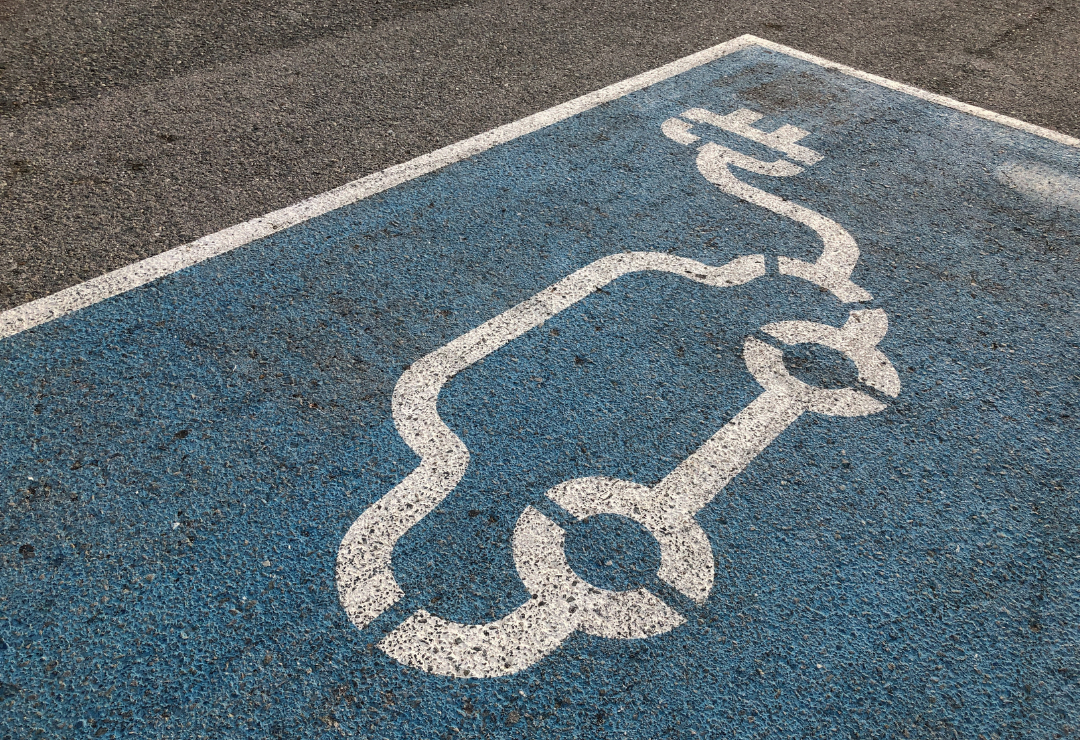The future is electric! POLIS welcomes stricter CO2 emission standards for new cars and vans
The future is electric! POLIS welcomes the EU's agreement on stricter CO2 emission standards for new cars and vans. The first step forward on the ‘Fit for 55’ package, this signals the Union's commitment to advancing the green transition and achieving carbon neutrality.
The European Parliament and the Council came to an agreement on October 27 about more stringent CO2 emission performance standards for new vehicles and vans. The goal is to transition to zero-emission mobility. The proposed revision of the CO2 emissions performance standards for cars and vans is part of the ‘Fit for 55’ package. Presented by the European Commission on 14 July 2021, the package aims to enable the EU to reduce its net greenhouse gas emissions by at least 55% by 2030 compared to 1990 levels and to achieve climate neutrality in 2050.
The proposed regulation includes the following targets:
- 55% CO2 emission reduction target for new cars and 50% for new vans by 2030 (compared to 2021 levels)
- 100% CO2 emission reduction target for both new cars and vans by 2035.
For citizens, the shift towards zero-emission mobility will result in less pollution and noise, better air quality, and improved public health and well-being. It will also result in an increase in the number of electric vehicles on the market, which in turn will make them more affordable and produce significant cost savings (not just due to the lower purchase cost of vehicles, but also to the lower running costs of EVs). Coupled with the EU’s increased target for renewable energy production under the REPowerEU plan, it also reduces Europe’s dependence on fossil fuels, aligning the EU transport sector with the goals of affordable, secure and sustainable energy for Europe.
This agreement sends a clear message that the EU is committed to advancing the green transition and its goal of achieving carbon neutrality. Since cars and vans account for 15% of the EU's overall CO2 emissions, taking decisive action to decarbonize road transportation is essential.
Now, Europe needs to make sure that there is the sufficient recharging capacity to keep up with the expected increase in demand: the European Union must agree on an ambitious proposal for an Alternative Fuels Infrastructure Regulation (AFIR), which was recently approved by the European MEPs and is now under trialogue negotiations. Without this Regulation, EU drivers will not be able to easily recharge their vehicles across the member states.
If you have any questions, do not hesitate to contact Ivo Cré (Director Policy & Projects - Coordinator Access) and/or Pedro Gomes (Project Manager - Coordinator Clean vehicles & Air quality Working Group) from POLIS Network.
